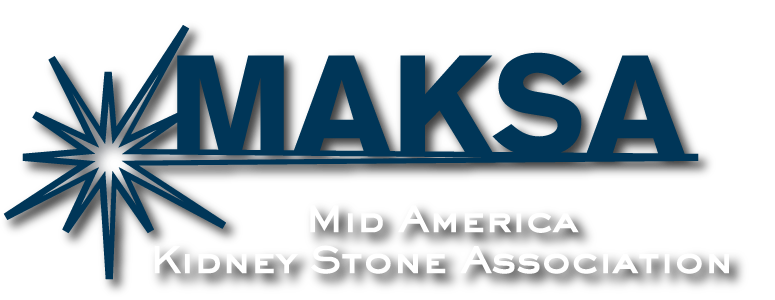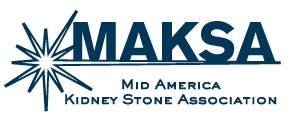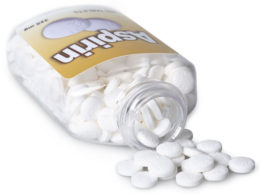Extracorporeal shock wave lithotripsy is the safest way to get rid of kidney stones.
We have answered some common questions regarding ESWL to give you peace of mind and prepare you for your procedure.
Do not take Aspirin or Aspirin containing Medications and/or Anti-Inflammatory Medication for 3 days prior to your Procedure.
Lithotripsy, as a word, is of Greek origin. “Litho” meaning stone, and “tripsy” meaning crushed. Extracorporeal (outside of the body) shock wave lithotripsy is a procedure that utilizes shock waves that travel from outside of the human body to the targeted area inside of the body housing the kidney stone via a lithotripter device. This results in fragmentation of the stone so that it can pass safely out of the body through the ureter.
- This procedure requires sedation. When sedation is required you cannot ingest food for at least 8 hours prior to your scheduled appointment time.
- You may be asked to clean out your intestines with a light laxative after your dinner the night before the procedure.
- For dinner the night before, avoid vegetables and other foods that cause gas.
- You may drink the rest of the evening, but do not eat or drink past midnight.
- Discuss which medications can be taken prior to procedure with your physician
- The procedure will not be performed if you have taken any medication that may contain blood thinners.
- Avoid any aspirin containing products (View List)
- Post procedure you will be in the recovery room until you are ready to be discharged. Certain circumstances could result in hospital admission, but this is uncommon.
- It is normal to have some discomfort in your back on the treated side.
- Over the next day or two, no blood or a mild to significant amount of blood may be present in your urine. You could also see some blood clotting present in your urine.
- Urine may appear amber or a darker shade.
- You may see small stone fragments passing when you urinate. They may appear as sand or very small pebbles. This is a desired result that does not cause most patients discomfort and this passing of fragments should not cause any concern.
You will be mildly sedated for your procedure, but you will be awake.
- Occasionally the stone does not fragment or only part of the stone fragments. If this occurs another ESWL or holmium laser therapy appointment may be scheduled at a later date.
- Sometimes stone fragments break up perfectly, but never leave the kidney.
- From time to time a large fragment may become caught in the ureter and block the kidney. This is more common with larger sized stones. In this case we may elect to observe and see if the fragment passes naturally or recommend a stent placement. There is also an option to put a small telescope in the ureter (a ureteroscopy procedure) to further fragment or remove the large piece of stone.
- All surgical procedures can face unforeseen complications and problems. Ensure that you tell us or your nurse about all medications you are currently taking, if you are a patient with high blood pressure, or if you have been treated for abnormal heart rhythms.
Typically this procedure takes 45 minutes to 1 hour but as with any surgical procedure this time frame can vary.
You will be escorted to our Mobile Lithotripsy Lab right outside the hospital where you are being treated. This is a state-of-the-art mobile medical facility where we have performed 10s of 1000s of procedures – just like the one you will receive.
If left untreated, a risk with kidney stones is the development of a kidney infection, which can lead to sepsis and septic shock, which can be fatal but if the kidney stones are properly treated and monitored post procedure this is an uncommon occurrence.


